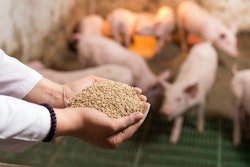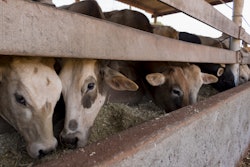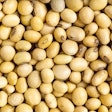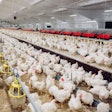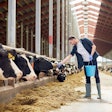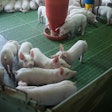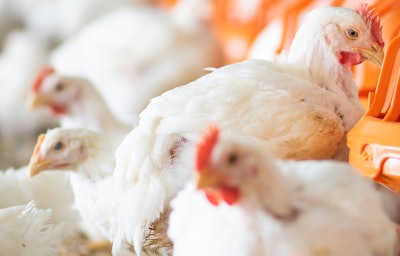
If a new renewable fuel standard (RFS) is implemented, it is unlikely to change how Tyson Foods formulates its poultry feed, Tyson CEO Donnie King said.
During a quarterly earnings call on August 4, Bernstein analyst Alexia Howard mentioned an anticipated vote on a new RFS and its potential impact its use of corn or soybeans in poultry feed. Howard said it was her understanding that the proposed RSF that is focused on biodiesel and sustainable aviation fuel “could be very meaningful,” in that it could lead to increased corn prices, but a decrease in soybean meal prices.
With that in mind, Howard asked if Tyson would be “able to significantly shift the mix of feed into soybean meal to take advantage of that over the next couple of years, or is it a fairly fixed ratio?
“It’s a fairly fixed ratio in terms of trying to get the carbs and the protein in,” said King.
“We’ve used different carb sources at times, but we’re looking at the entire caloric intake, per ton, and I don’t see any significant change in that.”
King added that at the present time, Tyson Foods is expecting grain prices to remain “very steady,” and that there is a potentially strong corn crop about to get underway in the United States.
“So, all the thought processes around why you might make a substitution, I don’t think will come into play at this point,” said King.
The question concerning poultry feed formulation came during the same earnings call in which King announced a strong performance for its chicken business segment.
For the most recent quarter, which ended on June 28, Tyson Foods reported an operating income of $367 million for its chicken segment, which was a meaningful improvement from the $244 million reported for the same period one year ago.
Tyson Foods is the largest poultry producer in the United States, but it is also the country’s third largest feed producer. During the past year, Tyson had an output of 12.6 million metric tons of animal feed, according to information from the Feed Strategy Top Feed Companies database.




